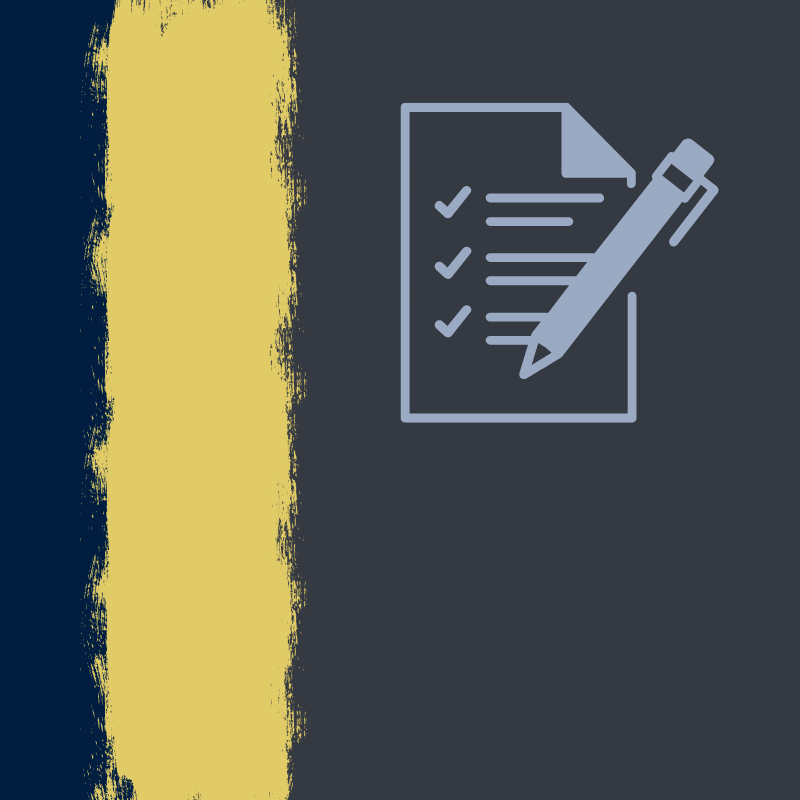Advancing Racial Justice and Equity in Youth Legal Systems

The Advancing Racial Justice and Equity in Youth Legal Systems Certificate Program is an intensive professional development opportunity designed to support state and local jurisdictions in their efforts to reduce racial and ethnic inequities in their systems of care, particularly the youth legal system. The program builds upon the successful Reducing Racial and Ethnic Disparities in Juvenile Justice Certificate Program previously offered by the Center.
The three primary goals of the Certificate Program are to help system leaders and partners in three key areas:
- Deepening Understanding of the Community Development Model to Eliminate Population Disparities: Participants will explore the historical and sociopolitical context of community disparities and its impact on systemic inequities. The program emphasizes critical knowledge, skills, and attitudes that are essential for bridging community divides and cultivating more just and equitable communities. This includes understanding the construct and evolution of race, and analyzing the explicit and implicit agreements that perpetuate inequities.
- Developing Practical Skills to Challenge Systemic Inequities: The program provides participants with actionable tools to drive positive community development change within the youth legal system. Key focus areas include:
- Building partnerships with law enforcement
- Developing strategies for supporting crossover youth (those involved in both child welfare and legal systems)
- Addressing the systemic bias in research, data collection, and methodology.
- Navigating complex racial dialogues to advance justice
- Implementing Community Centered Practices: The program emphasizes the importance of collaborative, community-centered approaches to address systemic challenges. Participants will learn how to apply practices to transform youth legal systems, including:
- Implementing restorative, transformative, and trauma-informed and healing-centered practices to address youth violence
- Building transformative community partnerships, and developing sustainable, justice-driven systems.
While the program primarily addresses policies, practices, and approaches in the youth legal system, it does so with an intersectional frame, acknowledging the interconnectedness of youth legal systems with other youth-serving systems, including, but not limited to education, healthcare, and child welfare.
After completing the program, participants will be responsible for the development of a data-driven local Capstone Project. After the Capstone Project is developed by the participating jurisdiction and approved by Georgetown University, participants will receive an Executive Certificate from the university and become members of the Fellows Network. Additionally, all participants are offered technical assistance from instructors to aid in the implementation of their project.
Curriculum and Application Guidelines
More Information
As part of the Certificate Program, participants are required to develop and implement a Capstone Project during the twelve-month period following the completion of their Certificate Program session.
The primary goal of all of our Certificate Programs is not simply knowledge, but effective implementation in a local reform effort. We study “what works” and collaborate with leaders to bridge the gap between theory and practice.


